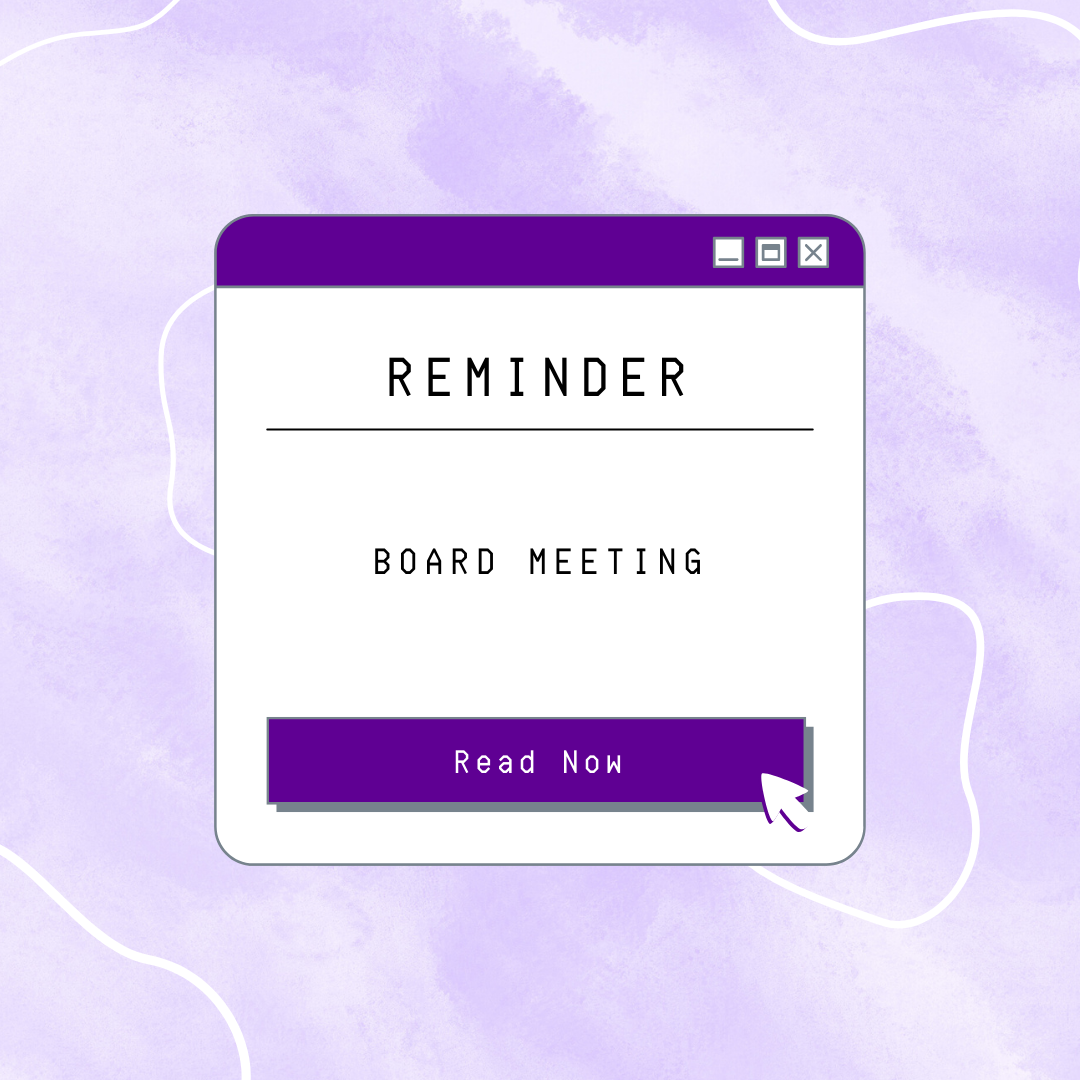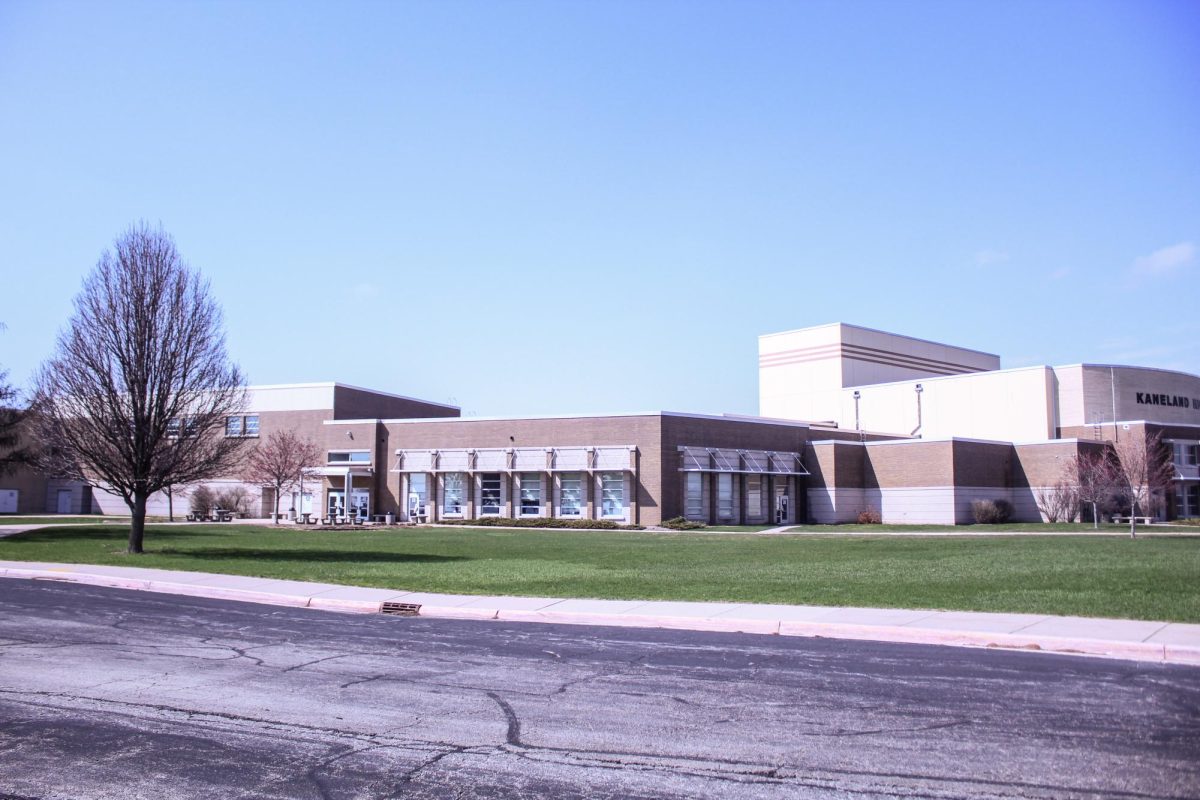
By Sara Laurie, Editor
When juniors got pulled out of class to take the ACT and E2020 screeners last month, many thought it was a one time deal–but it’s just the beginning of a new program at Kaneland High School intended to identify struggling students and provide them with more assistance called Response to Intervention.
RTI is required by federal law under the No Child Left Behind Act, and though it’s been implemented in the elementary and middle school levels for a few years, this is the first year it has been mandated at the high school level.
Few high school students are aware of the program, but it’s a driving force behind many changes at KHS, including the new eight-period schedule, which allows ideas to be reinforced with students and will have study hall-like periods built in for those who need extra help next year.
“RTI will hopefully help students become more aware of what they know and don’t know, along with building their confidence up in many subjects, making them reach goals,” Assistant Principal Diane McFarlin said.
Implementing RTI than the high school is more difficult than at the elementary school, McFarlin said, because high school courses are more subject-oriented and the elementary levels, which mainly work on reading and study skills. The new study halls opposite lunch will be used as a place for students to get teachers’ help while in school, McFarlin said.
RTI will help struggling students stay at the pace of a class and also improve in other areas that are needed.
Labs will be set up for different subjects, such as English, math and foreign language and students will have the opportunity to get assistance during study hall.
“During class hours, RTI will allow teachers and students to have a more individualized effect,” Ryan Malo, English teacher and RTI coordinator, said.
“We still have a long way to go in seeing how beneficial RTI will be, but we are pleased to have given out the E2020 screeners to all juniors,” Malo said.
The process has met with some controversy at the elementary levels, where it’s been in place for longer.
Marguerite Ledone, parent of an elementary gifted student, said that although RTI may benefit struggling students, it pulls resources away from gifted students who should also get more substantial time with teachers.
According to Ledone, gifted children should have interaction with the teacher everyday, which her son is not getting.
Within the system on RTI there are three different tiers, and every Kaneland student starts off in Tier three, which students receive regular classroom instrument. When a student starts to struggle the teacher then gives extra help and document if the students are improving or not. STEP and study halls are meant to be for students in Tier two, and if the student gets to Tier one the school gives extra precautions toward the students who need the extra help.






